Klon Kennith Kitchen
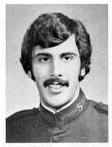

What made you decide to join the Navy?
I chose the navy so that I wouldn’t be drafted into another branch. Everyone had to serve at least 6 months, but I got out early because of high points. There weren’t women then, it was mainly men. I was based in Pearl Harbor , Hawaii with the 7th fleet. We never knew what was going on, we never knew where we were going and had to guess what was going on, everything moved really fast.
What were yours feelings about the war?
We had no background knowledge…well at least I didn’t. My feelings are the same as now, that it is the one of the most grievous things that can happen to mankind. You know that it is a necessary thing if you want to keep your freedom because there are people out there who want to keep it, but it is still a hard thing to face and accept.
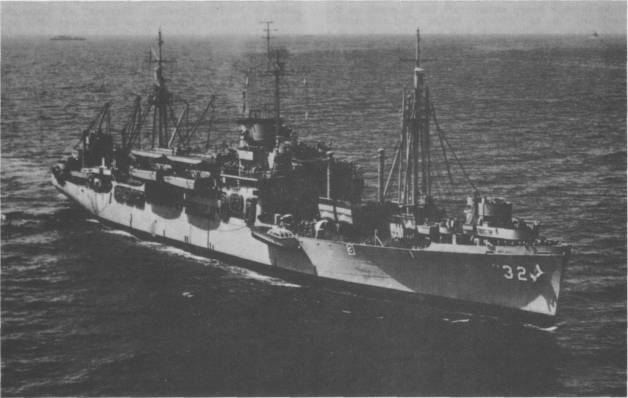
When you joined the Navy, how did you feel about the military?
I knew very little about it, I knew that it existed and was there to protect us and I knew that it had to be strong enough to stop people from trying to fight us, but evidently it wasn’t that strong.
How did your family react to your decision to join the Navy?
I think it was a matter of fact thing, particularly in my family, that if you were going to go and you had to really has a reason not join, then just go. It was a common occurrence. You still have the same plagues that mess up peoples mind today as then, but I think a lot of feelings kept us out of the war; we should have been in before.
What was the most difficult thing you had to do in the Navy?
Because of where I was everything that we did was mostly physical. You had to learn the task that you were given because it was new to everybody. I was on LCVP that had us transport soldiers and marines from sea to land, so when there was an invasion I was never on land…as soon as they got off we drew back.

What was your motivation to keep going in the hard times of the war?
It was always hard, but it was something that you knew you had to do. It was like a getting up to go to work, not by choice, but because you had. Patriotism…was a feeling in the homeland that kept a lot of people going…the idea that, I am doing this because I like what is in place and I want it to continue to develop.
Where were you the day the war ended? Do you remember what you were thinking?
I was in the South Pacific. I was in the 7th fleet that went with MacArthur and accepted the surrender of Japan . I remember seeing the clean up ships going in and out of the Tokyo Bay …that was when the signing of the treaty on the USS Missouri was happening on August 14th, 1945…I remember seeing all these other ships going and coming and being so surprised…I had no idea that we had anything like that, and that was just a part of us…that was only the 7th fleet. I was glad to see it come to a successful end for both us and Japan , of course the people of Japan didn’t think so then, but I think slowly they realized that it was a good thing.
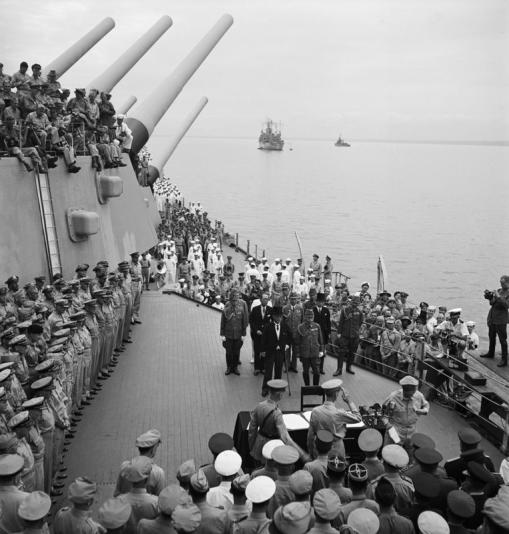
How did you deal with being away from your loved ones while in the Navy?
I think that I stayed so occupied and busy that I wasn’t thinking a whole lot about that. We would correspond, we didn’t have telephones or internet, so we used to snail mail.
What was your rank when you left the navy?
Seaman Petty Officer, but I was discharged as a Boatswain Mate 3rd class.
Do you wish you had continued in the Navy and made a career out of it?
It was an option but my calling in life came as an officer while I was in the South Pacific. I tried to ward it off by thinking that I have sisters who are doing it and I don’t want to just follow the crowd. Out of ten children, eight are Salvation Army officers, ministers, eventually.
Did you stay in touch with anyone from the Navy when you left?
No I didn’t not there were no companies; it was a small ship that I was on so friends really weren’t made.
How was it transitioning from being a Sailor to a Civilian?
There are difficulties in the transitioning, when going in and going out…learning to live by one code here and one code there…you had to be there and be loyal and be given to the task given to you because if you didn’t give your all you were a failure…not just to yourself but to the people around you and the safety of both.
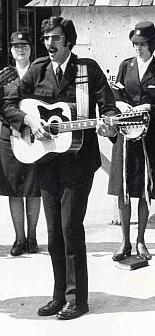
How did joining the Navy change your life?
Well…to me it was really a growing experience I was from Loagn, West Virginia (a very small town) and all of a sudden I was among people of all backgrounds and was having to cope with different thoughts and ideas. And learn different languages…and how to be compatible with different personalities…it was a really shock, but soon enough you learn that people had to same feelings as you done….most people. You begin to learn that a door wasn’t a door it was a hatch…the floor wasn’t a floor it was deck…you begin to learn a whole new language that stays with you forever.
Do you think it was good for you?
I think that it was an experience I would never want to redo, but it is one that you can’t buy.
What would you change about that time in your life?
The only thing I would ever do is erase it…all the misery and turmoil that it caused in the world…but as far as changing an experience for myself…I think that I would have made the same choice now as I did then.
What are some of your thoughts on the war?
That it was and is a major point in history …and I was there, when the clean up was going on and when the treaty was being signed.
What are your thoughts on movies about the war?
I think they take a lot of poetic license on it…they have to make it look like an entertaining thing, but its not…I think that some of the pictures they depict are obscured.
Is there anything else you want tell me?
Let me just say this out loud…I was thinking of my 18th birthday, March 22nd, 1943…I turned 18 in March…married in April…and went to the navy in June...that was a fast growing up period…if I would give someone advise today it would be to slow it down…my birthday and going into the military was not a choice, but getting married was…but I think that it was a good choice looking back on the 33 years I had with her. If you are going to have a military career then I think that it is necessary to have the husband and wife in sync with their thoughts and expectations in order for both to have a life of love and goodness because the way of a military life is a hard thing to overcome.
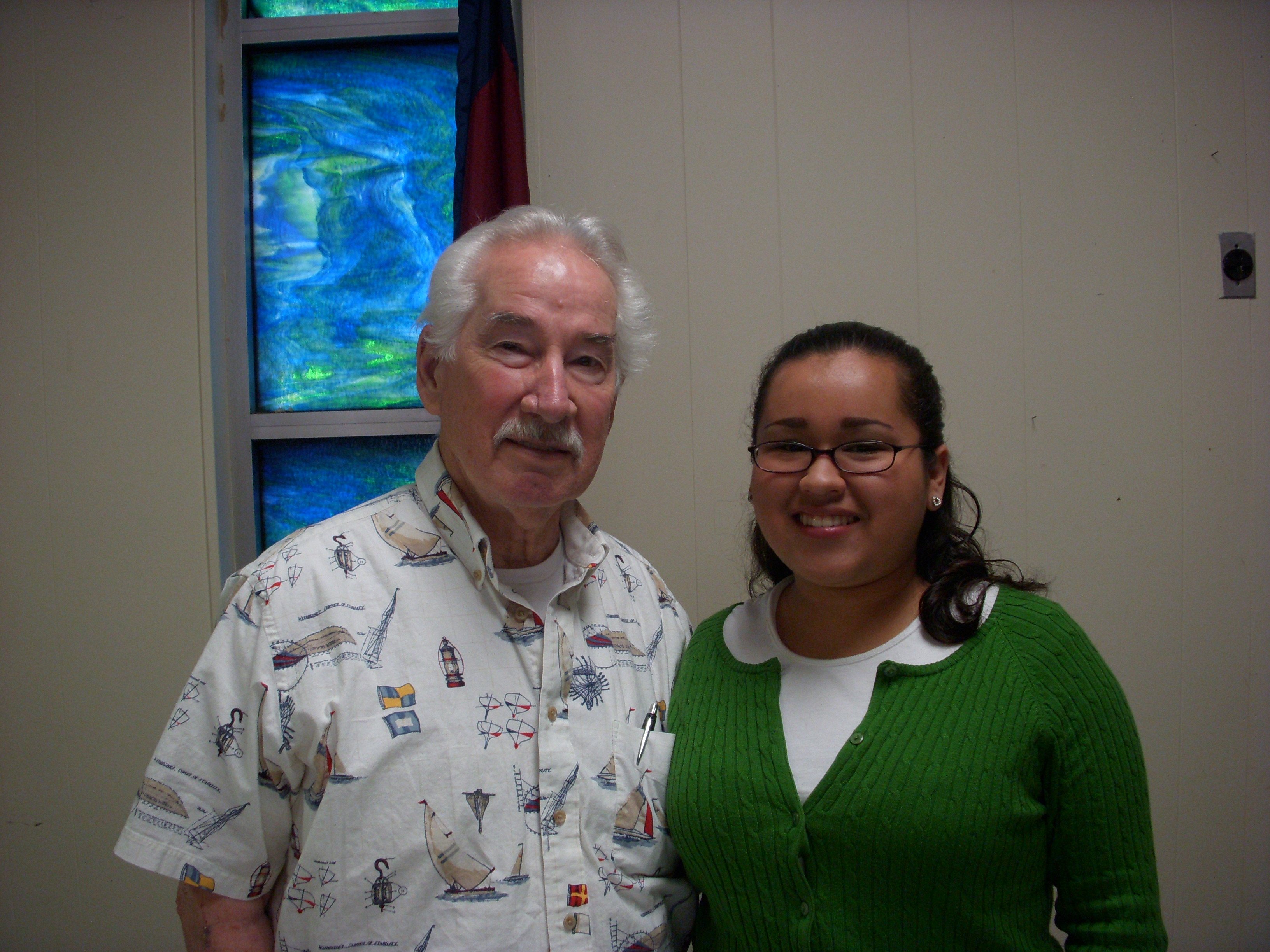
The History Place is a private, independent, Internet-only publication based in the Boston area that is not affiliated with any political group or organization. The Web site presents a fact-based, common sense approach in the presentation of the history of humanity, with great care given to accuracy. The site was founded and is owned and published by Philip Gavin, who has earned a Bachelor of Arts degree from Northeastern University and a Master of Science degree from Boston University. Except where noted, the articles and text appearing throughout The History Place Web site were written by Mr. Gavin.
Global Security . GlobalSecurity.org is the leading source of background information and developing news stories in the fields of defense, space, intelligence, WMD, and homeland security. Launched in 2000, GlobalSecurity.org is the most comprehensive and authoritative online destination for those in need of both reliable background information and breaking news. GlobalSecurity.org, is well-respected, trusted and often-referenced in the media, both domestically and internationally. This website is maintained by John Pike. 300 N. Washington St. Suite B-100. Alexandria, VA 22314.
WWII Draft Registration Records. About.com is an online neighborhood of hundreds of helpful experts, eager to share their wealth of knowledge with visitors. Founded in 1996, About.com was acquired in March 2005 by The New York Times Company (NYSE: NYT). Today, About.com is recognized as a top 15 content site and one of the largest producers of original content on the Web.
Landing Craft, Vehicle, Personnel. The USS Rankin Association is a nonprofit Pennsylvania corporation chartered in 2006. In accordance with an IRS determination letter dated March 17, 2006, we are a veterans organization exempt from paying Federal income taxes under section 501(c)(19) of the Internal Revenue Code. Under the same section, contributions to the Assocation can be treated as charitable contributions on contributors' Federal income tax returns. We operate under Bylaws approved on April 17, 2006. The USS Rankin Association c/o Louis "Skip" Sander 153 Mayer Drive Pittsburgh, PA 15237 (412) 367-1376
Douglas MacArthur. FactMonster.com (formerly known as Infopleasekids.com) was launched in August 2000 by Information Please. Fact Monster and its Homework Center have received national recognition for their unbeatable reference materials, fun facts and features, and individualized homework help. Fact Monster / Information Please 501 Boylston St, Suite 900 Boston, MA 02116.
USS Missouri. As the official history program of the United States Navy, the Naval Historical Center manages the Navy Department Library, twelve Navy museums, art collections, archives, and an underwater archaeology program. The Center prepares and publishes reference, documentary, analytical, and narrative works on the history of the United States Navy. The NHC Website allows you to research any number of naval history topics online and check out new public and educational programs and exhibits offered at Navy museums all over the country. Naval Historical Center 805 Kidder Breese Street SE Washington Navy Yard, DC 20374-5060
Boatswain Mate. About.com is an online neighborhood of hundreds of helpful experts, eager to share their wealth of knowledge with visitors. Founded in 1996, About.com was acquired in March 2005 by The New York Times Company (NYSE: NYT). Today, About.com is recognized as a top 15 content site and one of the largest producers of original content on the Web.